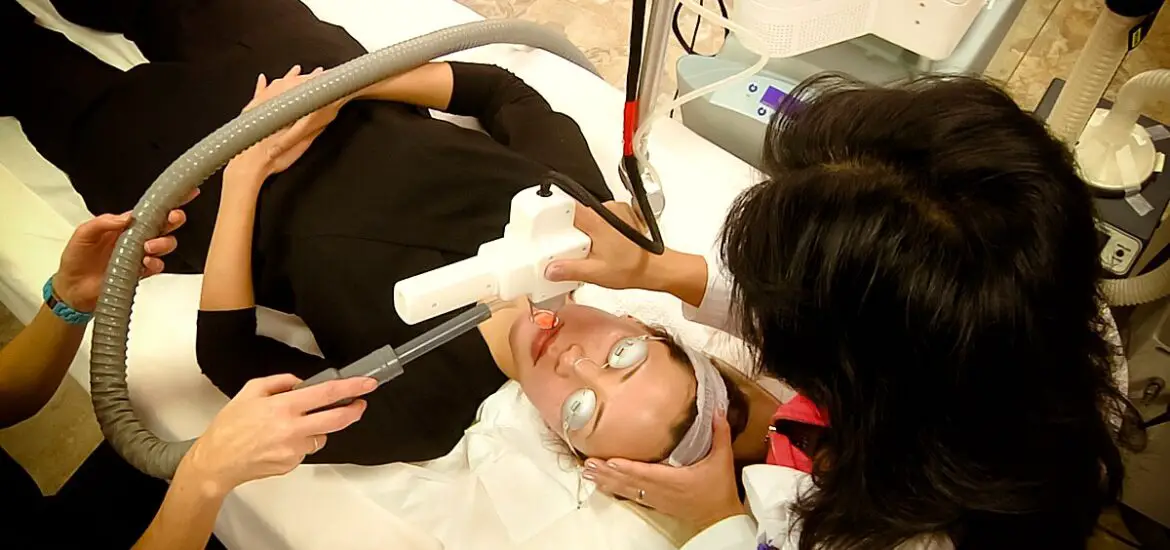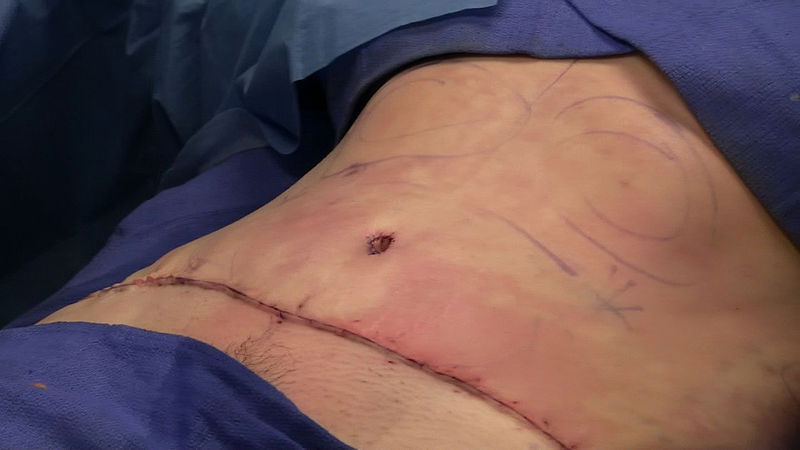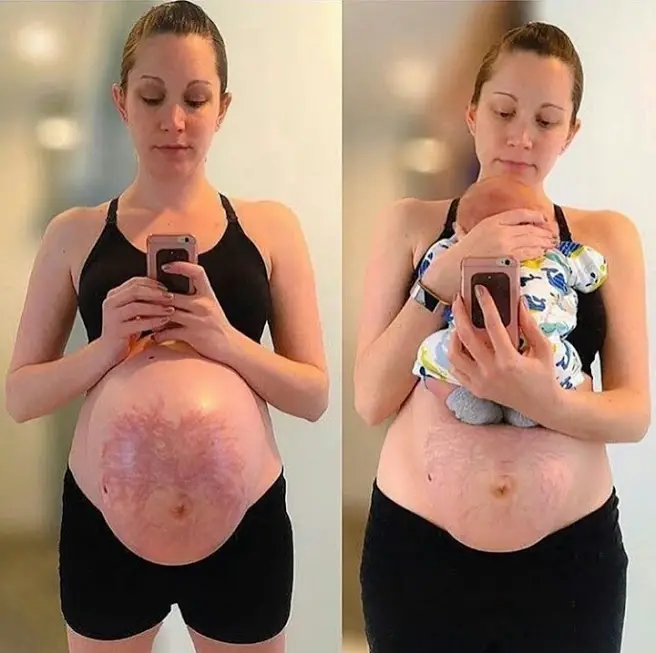Dry skin after fractional laser treatments can be a primary concern for recipients of the procedure. If you’re grappling with this issue, rest assured, there are explanations and solutions. In this guide, we dive deep into the reasons behind the dryness and offer expert-backed solutions to restore your skin’s health and hydration.

What are the Causes of Dry Skin After Fractional Laser?
The fractional laser procedure is a marvel of modern cosmetic technology, allowing for targeted treatment of skin imperfections. The laser works by creating controlled micro-injuries to the skin, thereby promoting collagen production and skin rejuvenation. However, while the treatment is effective, it does come with some aftermaths:
Disruption of the Skin’s Barrier: The laser removes portions of the skin’s protective barrier, which can make it more susceptible to moisture loss. This is the primary reason why many patients experience dryness post-procedure.
Increased Vulnerability: With the skin’s topmost layer compromised, the underlying layers become exposed to environmental factors, leading to further dryness.
Healing Process: As the skin heals from the micro-injuries, there can be an increase in cell turnover which might lead to surface dryness.
Steps to Manage Dry Skin After Fractional Laser
Post-treatment care is essential to manage dryness effectively and ensure optimal healing. Adopting a tailored skincare routine can alleviate dryness and enhance the overall results of the fractional laser treatment.
Mild Cleansers: Gentle cleansers are crucial. Harsh cleansers can strip the skin of its natural oils, worsening dryness. The American Academy of Dermatology recommends using cleansers that are free from alcohol and fragrances as they tend to be less irritating.
Check out this CeraVe Hydrating Facial Cleanser on Amazon.
Regular Moisturizing: A quality moisturizer can help replace the moisture lost during the procedure. Look for moisturizers with ceramides or hyaluronic acid, which are known to lock in hydration effectively. It’s also advisable to moisturize while the skin is slightly damp to seal in moisture.
This Amazon-listed Vanicream Daily Facial Moisturizer is formulated with ceramides and hyaluronic acid.
Avoid Harsh Ingredients: The skin becomes more sensitive post-laser treatment. It’s crucial to avoid skincare products containing potential irritants like alcohols, retinoids, or alpha hydroxy acids for a few weeks post-procedure or until your skin fully recovers.
Stay Hydrated: Consuming an adequate amount of water supports the skin’s natural hydration processes. Aim for at least 8-10 glasses of water daily.
Use a Humidifier: Keeping the surrounding air humid can help counteract the dryness experienced post-laser. Especially in arid climates or during winter, a humidifier such as this Pure Enrichment MistAire Ultrasonic Cool Mist Humidifier on Amazon can introduce the needed moisture to the air, supporting skin hydration.
Check out these other articles…
How Long Does It Take to See Results from Fractional Laser?
How to Take Care of Skin After Fractional Laser: Easy Guide
Does Fractional Laser Tighten Skin? Comprehensive Answer
What to Avoid After Fractional Laser: Comprehensive Guide
How Long Does It Take to Heal from Fractional Laser?
Consulting a Dermatologist
Even with diligent post-procedure care, some individuals might face persistent or excessive dryness. In such cases, it’s crucial not to self-diagnose but to consult a professional. Here’s why:
Specialized Care: A dermatologist can assess the condition of your skin and provide tailored recommendations or treatments that are best suited to address the specific type of dryness or irritation you’re experiencing.
Medicated Solutions: In certain cases, over-the-counter moisturizers might not suffice. A dermatologist can prescribe medicated creams or ointments designed to address severe dryness or associated issues.
Further Assessment: Persistent dryness might indicate an underlying issue that needs to be addressed.


